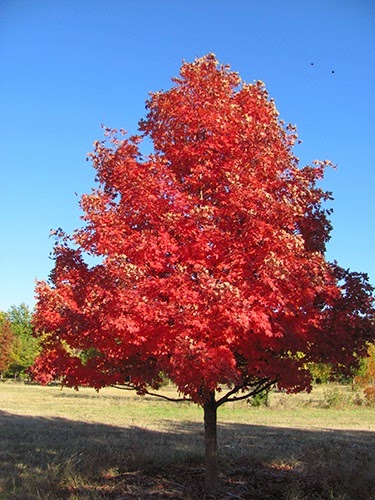“Cow Nutrition: Protein, Energy and Forage Availability”
Sandra L.
Wick, Crop
Production Agent
 Protein supplementation is important, but there is more to cow nutrition
than simply ensuring that the cow’s protein requirements are met and that rumen
microbes have been supplied with sufficient nitrogen to digest the low-quality
forages that sustain cows through the winter months. Most cattle producers know
and appreciate the value of protein supplementation, but often overlook energy.
Although, protein supplementation does impact energy status by enhancing
digestibility and intake of low-quality forages.
Protein supplementation is important, but there is more to cow nutrition
than simply ensuring that the cow’s protein requirements are met and that rumen
microbes have been supplied with sufficient nitrogen to digest the low-quality
forages that sustain cows through the winter months. Most cattle producers know
and appreciate the value of protein supplementation, but often overlook energy.
Although, protein supplementation does impact energy status by enhancing
digestibility and intake of low-quality forages.
The benefits of protein supplementation are not fully realized by the cow
if forage availability (supply) is limited. Both protein and energy
requirements steadily increase during gestation and post-calving. Thus, there
are many production scenarios, where both protein and energy may become limiting
or where energy becomes more limiting than protein, minerals or vitamins. Producers
often attribute negative production outcomes, such as higher percentage of open
cows, with previous protein supplementation protocols or mineral and vitamin
deficiencies.
 Protein, minerals and vitamins are important components of cow nutrition,
but in many cases energy deficiency may be the more likely cause. Energy status
of grazing beef cows is essentially a function of forage availability in most
situations. The most basic way to think about forage availability is to ask
yourself “Does each cow have all she can eat in the pasture or field?” If the
answer to that question is “No”, then energy is likely the most limiting factor
in production systems. There are many ways to address situations where energy
has become limiting. Feeding hay to replace grazed forage, moving to a new
pasture or field of stalks or feeding combination supplements that provide both
protein and energy are all strategies that may used to increase energy status.
Protein, minerals and vitamins are important components of cow nutrition,
but in many cases energy deficiency may be the more likely cause. Energy status
of grazing beef cows is essentially a function of forage availability in most
situations. The most basic way to think about forage availability is to ask
yourself “Does each cow have all she can eat in the pasture or field?” If the
answer to that question is “No”, then energy is likely the most limiting factor
in production systems. There are many ways to address situations where energy
has become limiting. Feeding hay to replace grazed forage, moving to a new
pasture or field of stalks or feeding combination supplements that provide both
protein and energy are all strategies that may used to increase energy status.
In summary, remember it is important to look at all components of a cow’s
ration including protein, minerals, energy along with forage quality and
availability.
If you have any questions regarding beef cattle
nutrition, contact any of our Post Rock Extension District Offices in Beloit,
Lincoln, Mankato, Osborne or Smith Center.
(References: K-State Research and Extension - Feedlot Facts – Dr. Justin Waggoner,
Ph.D., Beef Systems Specialist.)







